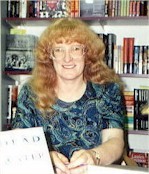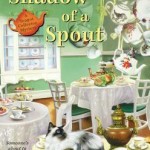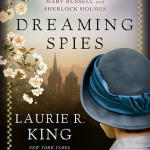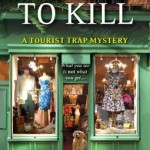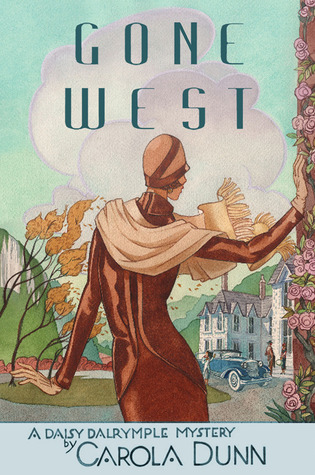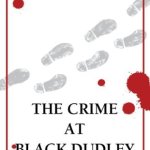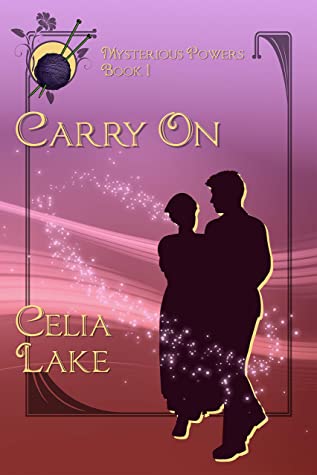 Anthem for Doomed Youth by Carola Dunn
Anthem for Doomed Youth by Carola Dunn Series: Daisy Dalrymple #19
Published by Minotaur Books on April 29, 2011
Genres: British mystery, Cozy Mystery, Historical Mystery
Pages: 289
Format: Hardcover
Source: the library
Add to Goodreads

Also in this series: Gone West, Heirs of the Body, The Corpse at the Crystal Palace
Also by this author: Gone West, Valley of the Shadow, Heirs of the Body, The Corpse at the Crystal Palace
Anthem for Doomed Youth is the nineteenth in Dunn’s light but entertaining Daisy Dalrymple mystery series. Set in post-World-War-I era Britain, the series features the Hon. Daisy, daughter of a noble house, and her commoner beau (later husband), Detective Chief Inspector Alec Fletcher of Scotland Yard. The series is populated by a number of enjoyable recurring characters, including Alec’s assistants, Tom Tring and Ernie Piper, and several of Daisy’s friends from both the nobility and the middle class. Daisy has an unfortunate habit of attracting dead bodies (if I were acquainted with her, I’d run, not walk, to the nearest exit), which does not endear her to Alec’s superior, Superintendent Crane.
In the latest installment of the series, Alec is investigating a triple murder, literally unearthed in Epping Forest, while Daisy and two of her friends visit their daughters’ boarding school for sports day. Inevitably, one of the girls finds a dead body, the boys’ games master from the school, and equally inevitably, his murder may be connected to Alec’s case—although the reader figures this out long before Alec does.
While I’ve enjoyed most of the books in the series, I found this one a little disconcerting. To begin with, the girls’ school is the Friends’ School Saffron Walden, a real Quaker school still in operation today. Most of the (fictional) teachers are Quakers, yet several of them seem perfectly willing to withhold evidence and cover up their own or others’ misdeeds, an attitude which is not at all in accordance with Quaker principles. Granted, the fact that they are teaching at a Friends’ school doesn’t mean they are necessarily Quaker, but in fact, one of them is portrayed as quite committed to Quaker beliefs, so his suppression of the truth is jarring.* Daisy, too, seems uncharacteristically willing to keep her own suspicions and knowledge a secret even from her husband. These factors lead to an ending which is something less than satisfactory.
That said, if you enjoy the English-cozy genre, you might give this series a try. Dunn does a good job of balancing humor with the seriousness of murder, and she has a deft touch with the changing social mores of 1920s England.
* I was raised as a Quaker and attended Quaker schools myself. I find it impossible to imagine any of my Quaker teachers behaving in a like manner.

